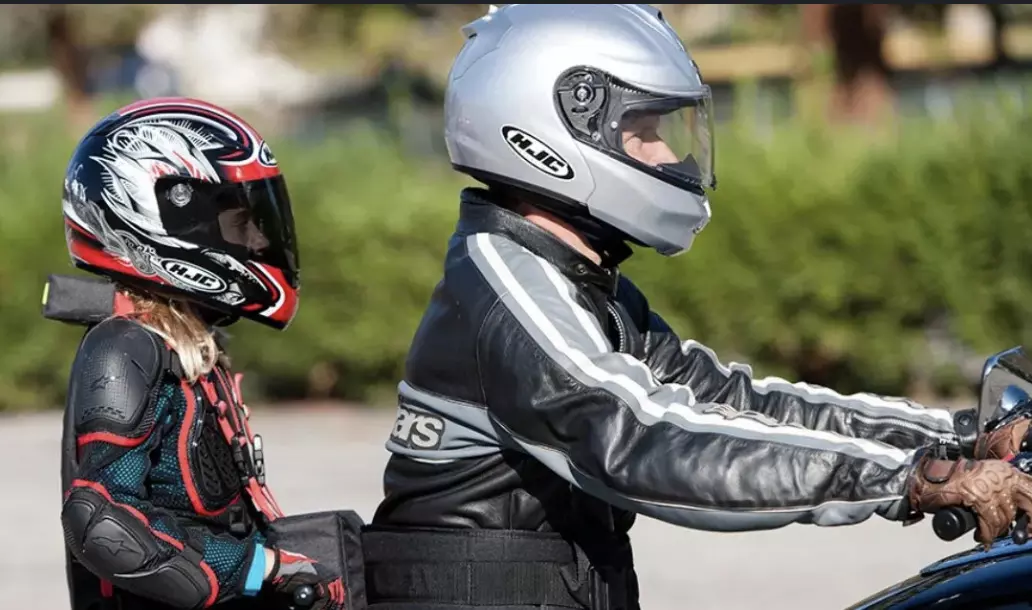Why are BIS-certified helmets necessary to prevent two-wheeler fatalities
Two-wheelers account for 44.5% of road fatalities, helmest are life saving and their usage has improved survival rates
By Anoushka Caroline Williams
Two-wheelers account for 44.5% of road fatalities, helmets have proved protection and better survival rates
Hyderabad: Every year, thousands of people in India lose their lives in road accidents, many of them two-wheeler riders. According to the Ministry of Road Transport and Highways, two-wheelers accounted for 44.5% of all road accident deaths in 2022. Despite clear data linking helmet usage with survival rates, the compliance culture around helmet safety in India remains largely driven by the fear of fines rather than genuine concern for protection.
“In India, a helmet is often seen as an accessory to avoid penalties, not as a life-saving device,” says Dr. Mehul Mehta, a road safety expert. “That mindset needs to change.”
Ancient Roots to Modern Science: A Helmet’s Purpose
The word helmet traces its roots to the medieval helm, a protective headgear used in warfare. In India, too, the idea of Shirastrana—head protection in ancient battles—underscored its cultural significance. Today, helmets are essential not on battlefields, but on roads.
According to the World Health Organisation, wearing a helmet correctly can reduce the risk of death in a crash by more than 6 times and the risk of brain injury by up to 74%.
Not All Helmets Are Equal
While helmets are mandatory under the Motor Vehicles Act, 1988, the market is flooded with substandard and uncertified helmets, many of which are sold cheaply at roadside stalls and traffic junctions. These products may look like helmets, but they fail to meet even the basic safety standards.
The Certification Standard: What Makes a Helmet Safe?
Under a Quality Control Order in effect since 2021, all two-wheeler riders in India must use helmets that meet IS 4151:2015, the Indian Standard for protective headgear. These helmets must be certified by BIS.
As of June 2025, 176 manufacturers across India hold valid BIS licenses to produce such helmets.
Certified helmets typically include:
• A hard outer shell to resist penetration
• An energy-absorbing foam layer to reduce impact
• Comfort padding for fit and reduced friction
To earn certification, helmets undergo a series of rigorous tests, including:
• Impact absorption by dropping weighted helmets onto anvils
• Chin strap strength under dynamic force
• Peripheral vision checks
• Sound permeability to ensure riders can still hear traffic
• Resistance to temperature extremes, moisture, corrosion, and abrasion
The Crackdown on Unsafe Helmets
In 2024–25, BIS conducted over 30 enforcement operations targeting the illegal helmet trade. In one Delhi operation alone, more than 2,500 non-compliant helmets were seized from nine manufacturers with expired or cancelled licenses. An additional 500 helmets were confiscated from street vendors at 17 different locations across India.
Tools for Consumers: How to Verify a Helmet
To help riders verify helmet authenticity:
• The BIS Care App allows users to scan the ISI mark and check manufacturer details.
• Consumers can also report fake products directly through the app or the BIS website.
• District Collectors and local police have been urged to step up enforcement at the local level.
Awareness at the Ground Level
Alongside enforcement, BIS is leading a public awareness campaign titled Quality Connect. Volunteers known as Manak Mitras are visiting urban and semi-urban areas to educate people about the dangers of fake helmets and the science behind certified ones.
In Chennai and other cities, road shows and free distribution of certified helmets have been conducted in collaboration with local traffic departments.
The Broader Message: Fines Don’t Save Lives, Awareness Does
Experts say that a shift in public mindset is essential. Helmets must be worn not to avoid fines, but to prevent fatal injuries.
“People often ask if a ₹200 helmet from a roadside stall is good enough. The truth is, it’s not even close. A certified helmet may cost more, but it offers something priceless—real protection,” says Dr. Mehta.